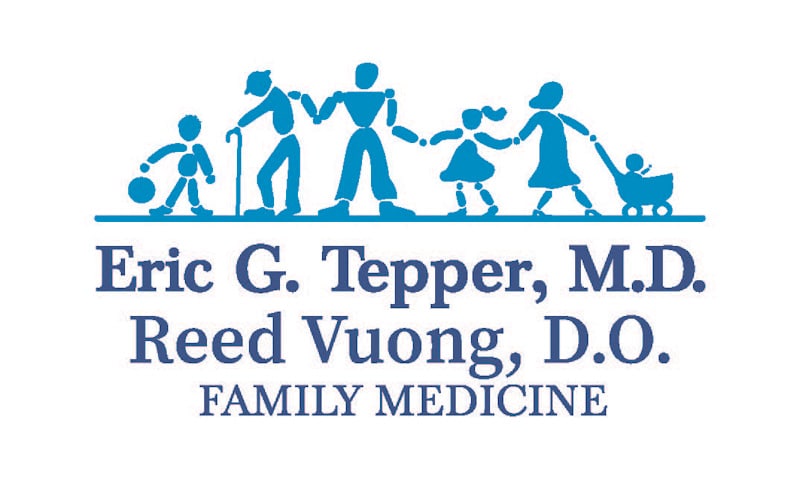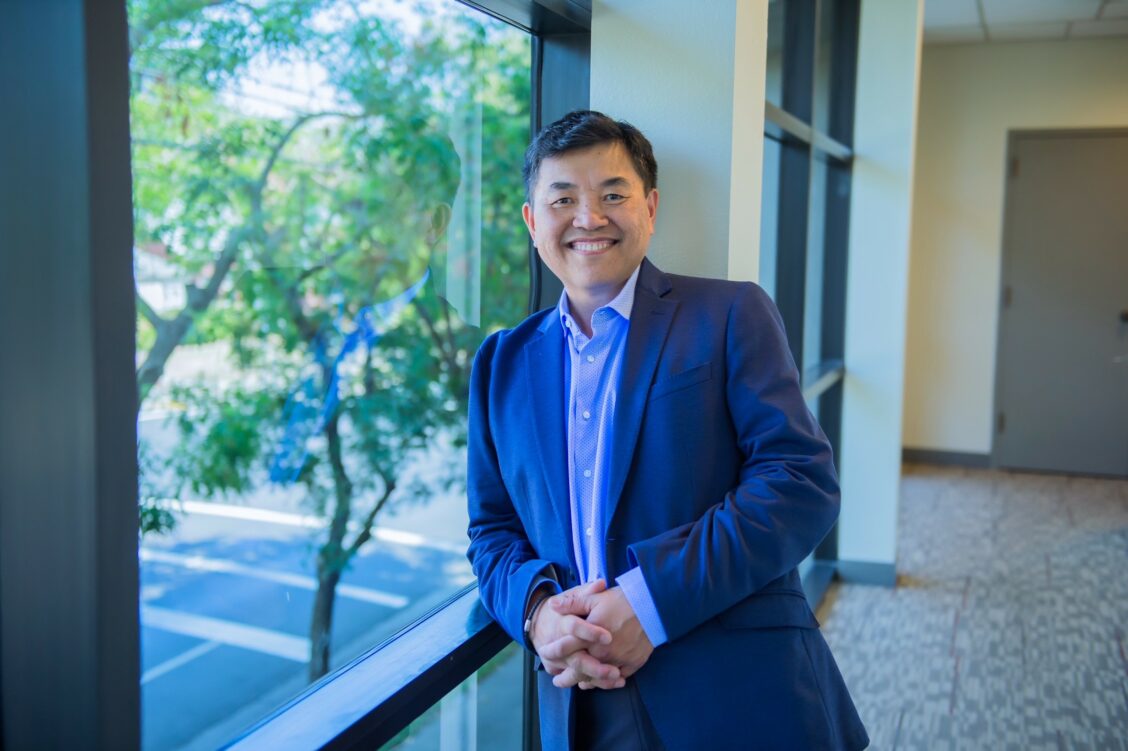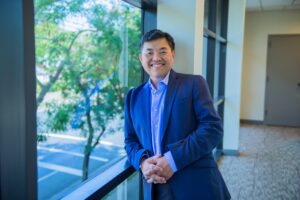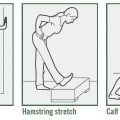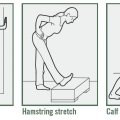A Q&A With Reed Vuong, DO
What is the difference between a Doctor of Medicine (MD) and a Doctor of Osteopathic Medicine (DO)?
MDs and DOs have similar training and scope of practice, but DOs receive additional training in a whole-person approach to medicine and osteopathic manipulative treatment (OMT).
Both types of physicians complete the classroom study, labs, and clinic experience. However, DOs receive additional training related to the muscular-skeletal system.
How would you describe the guiding principles of Osteopathic Medicine?
I believe there are three guiding principles to being a DO.
- Treat the entire body holistically. Rather than treating symptoms or immediately sending you to various specialists, I believe in a whole-body approach. We will explore every aspect of your health and look at the whole picture.
- Treat the individual patient. Each patient is unique, so your treatment plan will be unique too.
- Provide guidance. When evaluating your health, we will discuss your options together. The guidance I provide will vary from person to person, but what stays consistent is the partnership I develop with patients throughout their health journey.
Is there a difference in procedures you can perform? Can you write prescriptions?
If you are only familiar with being cared for by MDs, there will be no noticeable change in the logistics of having a DO as your primary care provider. DOs function exactly the same as MDs, with full practice rights to order tests, write prescriptions, and perform procedures. Any difference in care comes from the personality and approach of each physician.
Why would someone choose to pursue a DO instead of an MD?
I chose this path because I believe in the philosophy and training of the American Osteopathic Association, which states, “Osteopathic physicians, or DOs, believe there’s more to good health than the absence of pain or disease. Their whole-person approach to medicine focuses on prevention, helping promote the body’s natural tendency toward health and self-healing.”
This resonated with me from my earliest days of training and guides the way I have cared for patients throughout my career.
How does being a DO connect with the principles of concierge medicine?
My practice philosophy is to treat you as an individual. I listen to your whole history and put your medical issues in the context of YOU, the individual that you are! And I will not apply one guideline to everyone as if we were all clones. You are unique and deserve to be treated that way.
Practicing as a concierge physician allows me to fully know and treat each of my patients as individuals. This practice model is uniquely centered on ensuring we have as much time as needed to thoroughly address all of my patients’ questions and concerns.
Read more about Osteopathic Medicine here.
